
Starting June 1st, 2023 Our warehouse fee will be $0.65/cubic foot per month
In effort to lower the warehouse storage fee during inflation, we have went narrow aisle racking.This construction took us four months but the project is finally completed. With narrow aisle racking, we are able to drop storage by 24%.We as partners will go through this inflation together.
03/19/2024
Custom bonds, also known as surety bonds, are financial guarantees issued by insurance companies on behalf of businesses or individuals. They are designed to protect the obligee (the party receiving the bond) from financial losses resulting from the non-performance or default of the principal (the party required to fulfill the bond conditions). Custom bonds are versatile instruments that can be tailored to meet specific business needs and regulatory requirements. This article provides a comprehensive guide to custom bonds, covering their definition, types, advantages, costs, and considerations for businesses.
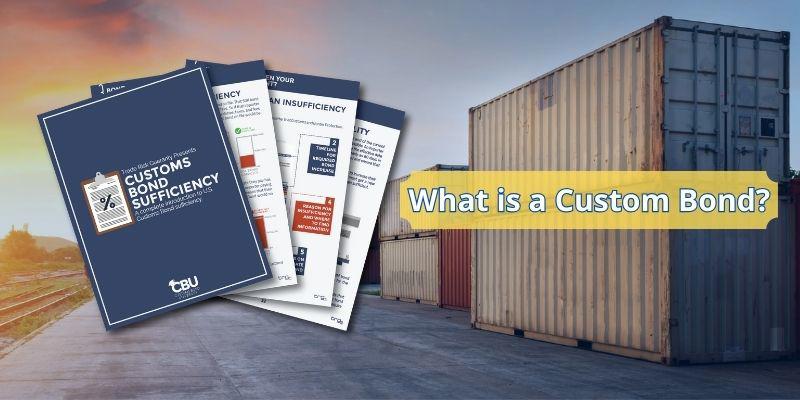
A custom bond is a type of surety bond that is designed to meet specific requirements not addressed by standard bond forms. It provides a tailored solution for businesses or individuals with unique obligations or circumstances. Custom bonds are often used in situations where traditional bond forms do not adequately cover the required scope of coverage or the obligee has specific requirements.
In addition to Custom Bonds, there are many other types of documents in the logistics industry. Surely many of you do not know, please see the following articles immediately:
👉 The Master Bill of Lading and the House Bill of Lading
👉 EXW and FOB meaning in Incoterms: KEY difference and the BEST choice
👉 What is cargo insurance? Should I buy insurance in import and export
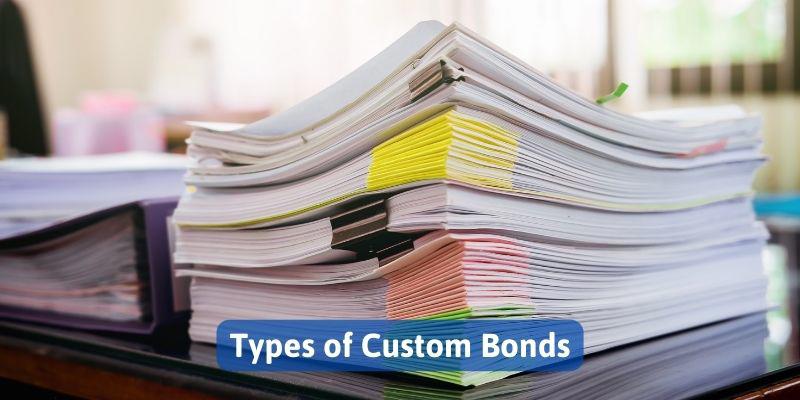
There are various types of custom bonds available, each designed for a specific purpose or industry. Some common types include:
A Single Entry Bond (SEB) provides coverage for a solitary Customs entry of a shipment. Most bond companies limit the issuance of SEBs to three times a year to avoid drawing attention from U.S. Customs and Border Protection.
The cost of an SEB varies depending on the mode of transportation. The minimum fee for an SEB is $65 for air shipments and $140 for ocean shipments. Ocean shipments necessitate two separate bonds (ISF Bond and Entry Bond).
Annual bonds remain valid for a full year and are linked to a company’s tax ID/EIN number, enabling reuse for multiple imports. Furthermore, they are not tied to a specific broker or freight forwarder, ensuring continued validity even if you change customs brokers. A standard annual bond costs $500.

Customs bonds can be purchased through a licensed Customs Broker in the United States. The Customs Broker deals directly with the Bond Provider, known as the Surety Company. When purchasing bonds, the Customs Broker will submit a unique bond number on behalf of the Importer.
Worldcraft Logistics LLC has been in business for over 10 years and is one of the reputable, legitimate Custom Bond Brokers and Providers in the United States. Purchasing your bond through us ensures that your bond comes from an A+ rated Guaranty Company and this also often results in significant cost savings. Customs brokers with experienced consultants can provide guidance on the type of customs bond your company requires. To purchase Continuous Customs Bonds, click here to contact us.
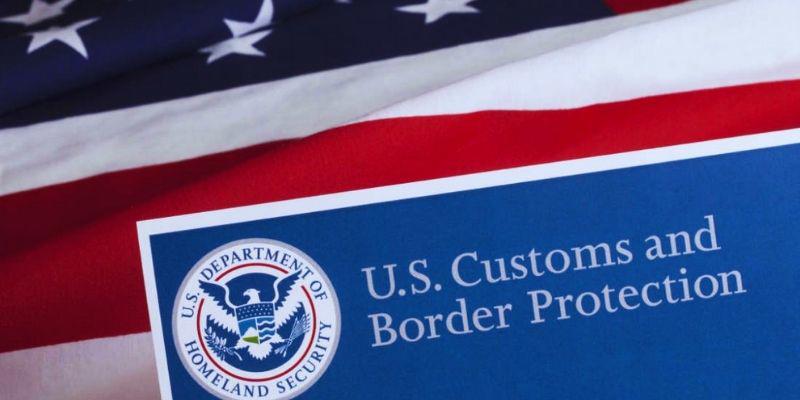
Custom bonds offer several advantages for businesses and individuals:
👉 Protection against financial losses: Custom bonds provide protection against financial losses caused by the non-performance or default of the principal.
👉 Increased business opportunities: Custom bonds can enable businesses to qualify for contracts or projects that require specific bond coverage or to meet regulatory requirements.
👉 Enhanced credibility: Having a custom bond can demonstrate a business's commitment to completing projects on time and within budget, enhancing its reputation and credibility.
👉 Flexibility: Custom bonds can be tailored to meet unique business needs, including those that are not covered by standard bond forms.

The cost of a custom bond, also known as the premium, is determined by several factors:
👉 Risk assessment: The insurance company evaluates the financial stability and performance history of the principal to determine the likelihood of a claim.
👉 Bond amount: The amount of coverage required affects the premium. Higher bond amounts typically result in higher premiums.
👉 Bond term: The duration of the bond also influences the premium. Longer bond terms generally lead to higher premiums.
👉 Collateral: Providing collateral, such as real estate or assets, can reduce the premium by demonstrating to the insurance company that there is a lower risk of loss.
Custom bond premiums are typically calculated by multiplying the bond amount by the premium rate, which is expressed as a percentage. The premium rate is determined by the insurance company based on the factors mentioned above.
Besides the factors factored into custom bond premiums calculation, several other elements can impact costs:
👉 Industry or Occupation: Various industries and occupations carry different risk levels, influencing bond premiums accordingly.
👉 Credit History: A less-than-ideal credit history may result in higher premiums, signaling increased risk to the insurer.
👉 Experience: Businesses or individuals with a track record of meeting bonded obligations successfully might be eligible for reduced premiums.
👉 Underwriting Guidelines: Each insurance company operates under its own set of underwriting guidelines, dictating terms and premiums for issuing custom bonds.
Customs bonds are crucial for businesses engaged in international trade, ensuring compliance with customs regulations and guaranteeing payment of duties and taxes. Here are some essential considerations for businesses regarding customs bonds:
There are various types of customs bonds, including single entry bonds, continuous bonds, and international carrier bonds. Each serves different purposes, such as covering a single shipment or providing coverage for multiple shipments over a specified period.
The bond amount required depends on factors such as the type and frequency of shipments, the nature of goods being imported/exported, and the country's regulations. It's essential to accurately assess the bond amount to ensure sufficient coverage without unnecessary costs.

Choose a reputable and experienced bond provider or surety company. Consider factors such as financial stability, customer service, and expertise in international trade regulations. Working with a reliable provider can streamline the bonding process and provide peace of mind.
Businesses must understand their obligations under the bond agreement. This includes adhering to customs regulations, accurately reporting shipment details, paying duties and taxes promptly, and maintaining proper records. Failure to comply can result in penalties, fines, or loss of bonding privileges.
Evaluate potential risks associated with international trade operations, such as customs audits, regulatory changes, shipment delays, or unforeseen financial liabilities. Adequate bonding coverage can help mitigate these risks and protect the business from financial losses.
Carefully review the terms and conditions of the bond agreement to ensure clarity regarding coverage, obligations, renewal procedures, and cancellation terms. Seek legal or professional advice if necessary to fully understand the implications of the bond agreement.
Stay informed about changes in customs regulations, trade policies, and compliance requirements relevant to your business operations. Proactively address any issues or discrepancies to maintain compliance and avoid disruptions to your supply chain.
Factor customs bond costs into your budgeting and financial planning processes. Consider the impact of bond premiums, renewal fees, and potential additional expenses such as customs duties, taxes, and brokerage fees when calculating the total cost of international trade operations.
Consider working with customs brokers, freight forwarders, or trade consultants who specialize in international trade compliance. These professionals can provide valuable expertise and guidance to navigate complex customs requirements and ensure smooth customs clearance processes.
Keep accurate and organized records of all relevant documents, including bond agreements, customs declarations, invoices, shipping documents, and correspondence with customs authorities. Maintaining comprehensive documentation is essential for audit purposes and resolving any disputes or inquiries from customs authorities.
Custom bonds are versatile instruments that can provide businesses and individuals with financial protection and increased opportunities. They are tailored to meet specific requirements and offer several advantages. However, businesses should carefully consider the costs and factors influencing custom bond premiums and make informed decisions to ensure that they obtain the right bond coverage at competitive rates. By understanding the fundamentals of custom bonds and considering essential factors, businesses can effectively manage their bonding needs and mitigate potential risks.
SEO
Digital Marketing/SEO Specialist
Simon Mang is an SEO and Digital Marketing expert at Wordcraft Logistics. With many years of experience in the field of digital marketing, he has shaped and built strategies to effectively promote Wordcraft Logistics' online presence. With a deep understanding of the logistics industry, I have shared more than 500 specialized articles on many different topics.
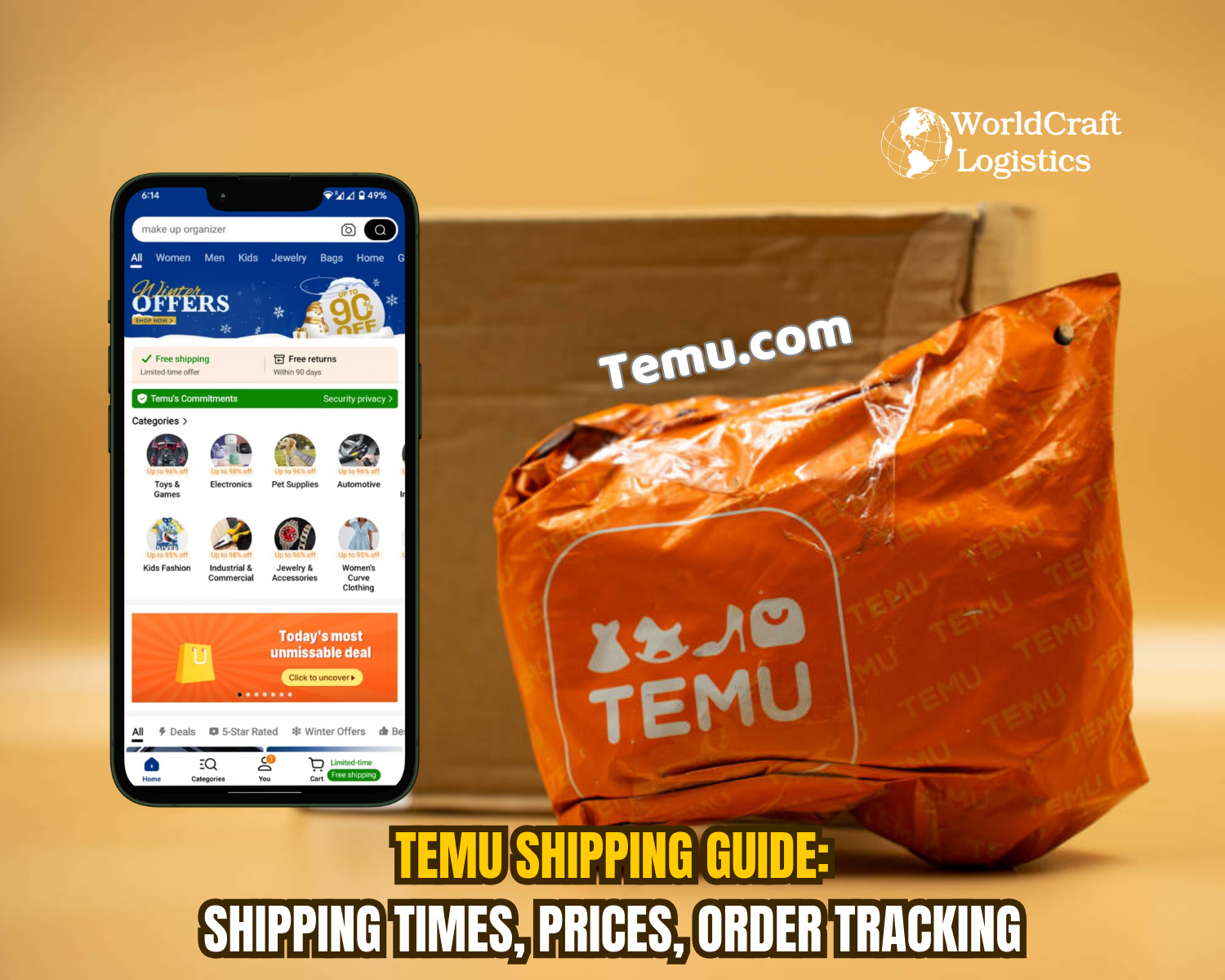
Education
01/05/2025
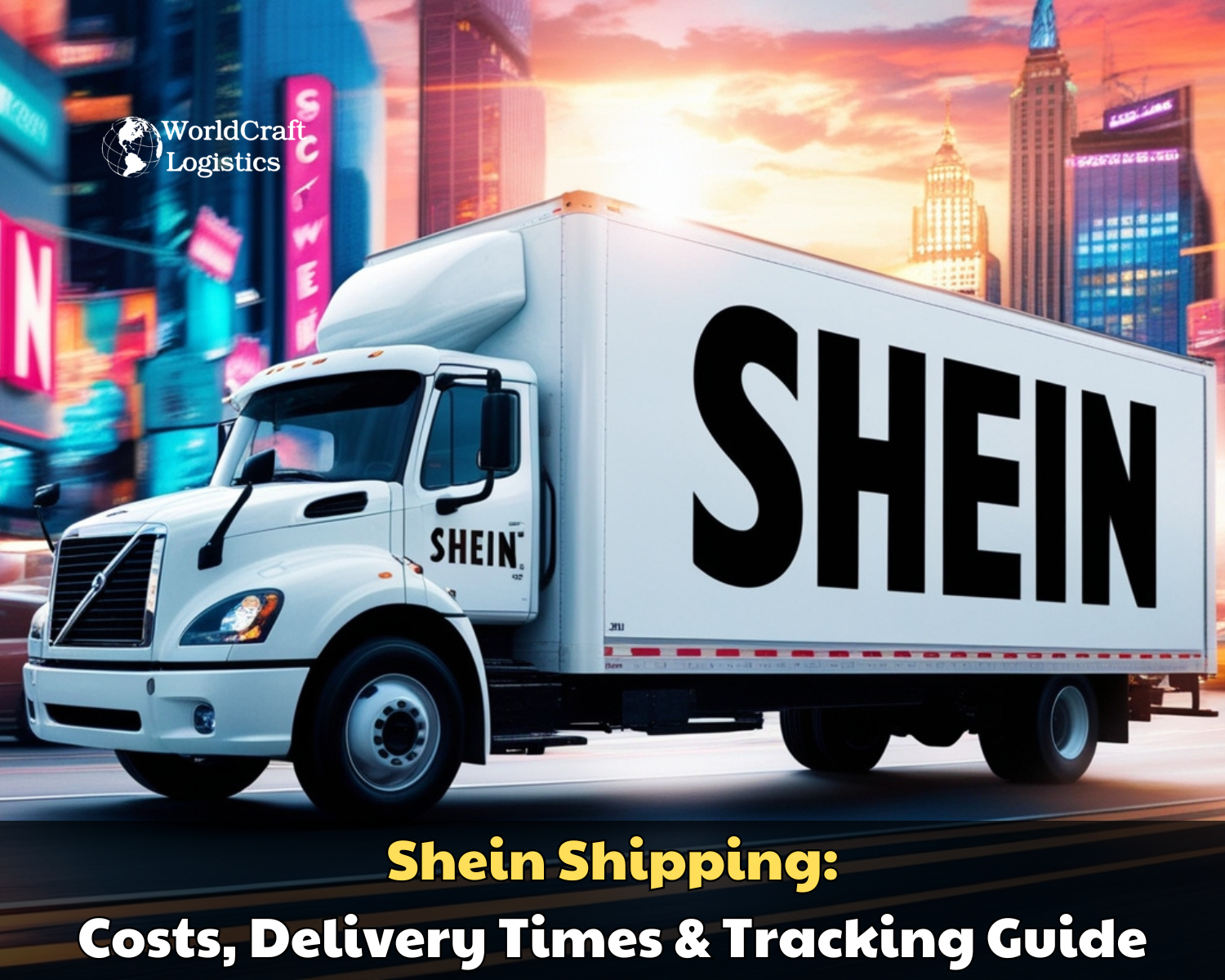
Education
02/18/2025
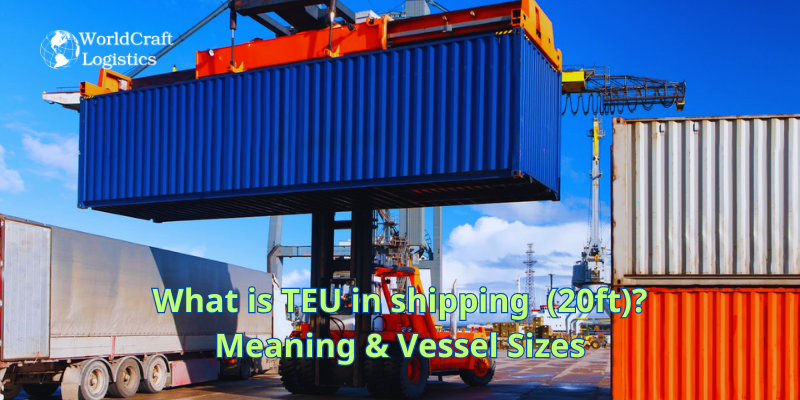
Education
01/01/2024
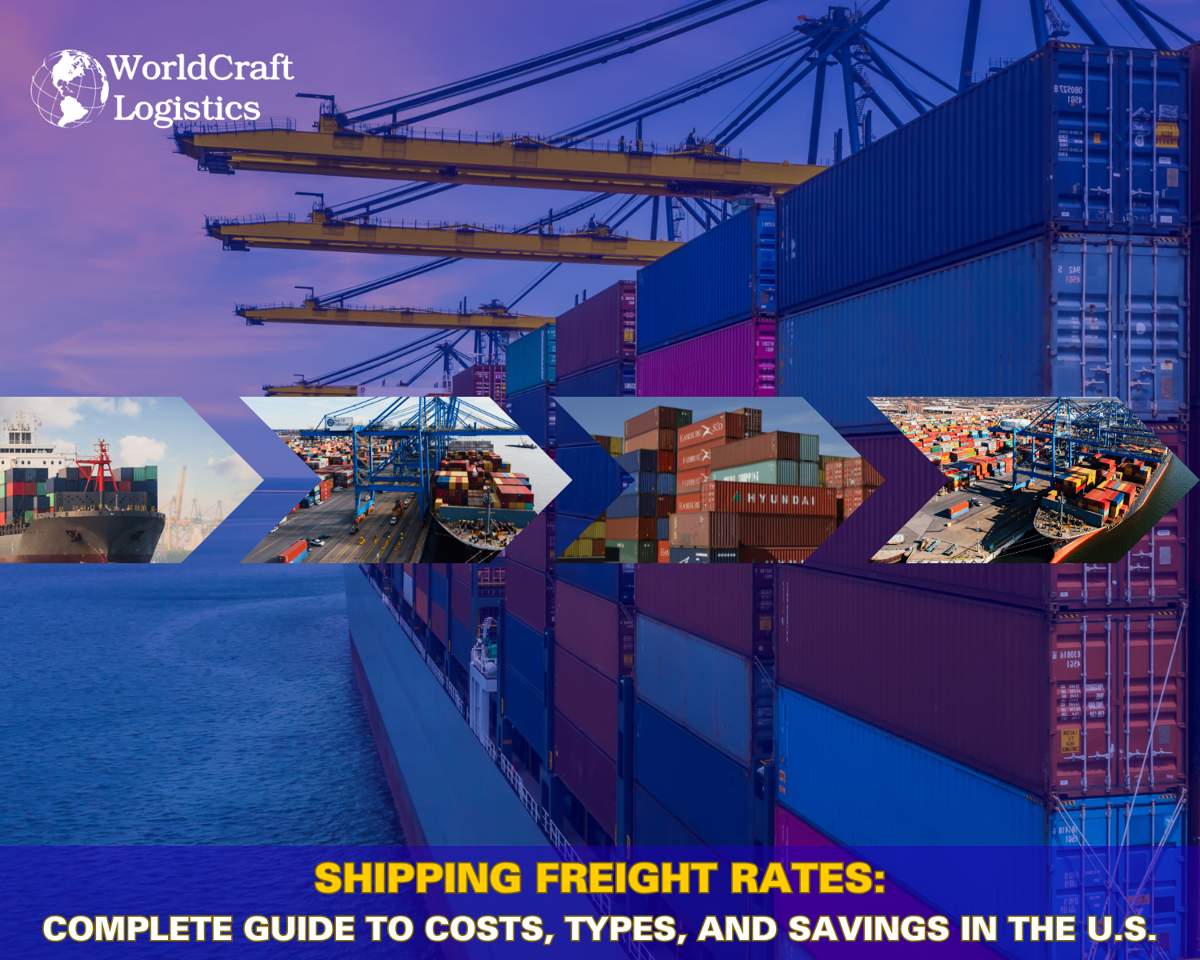
Education
09/09/2025
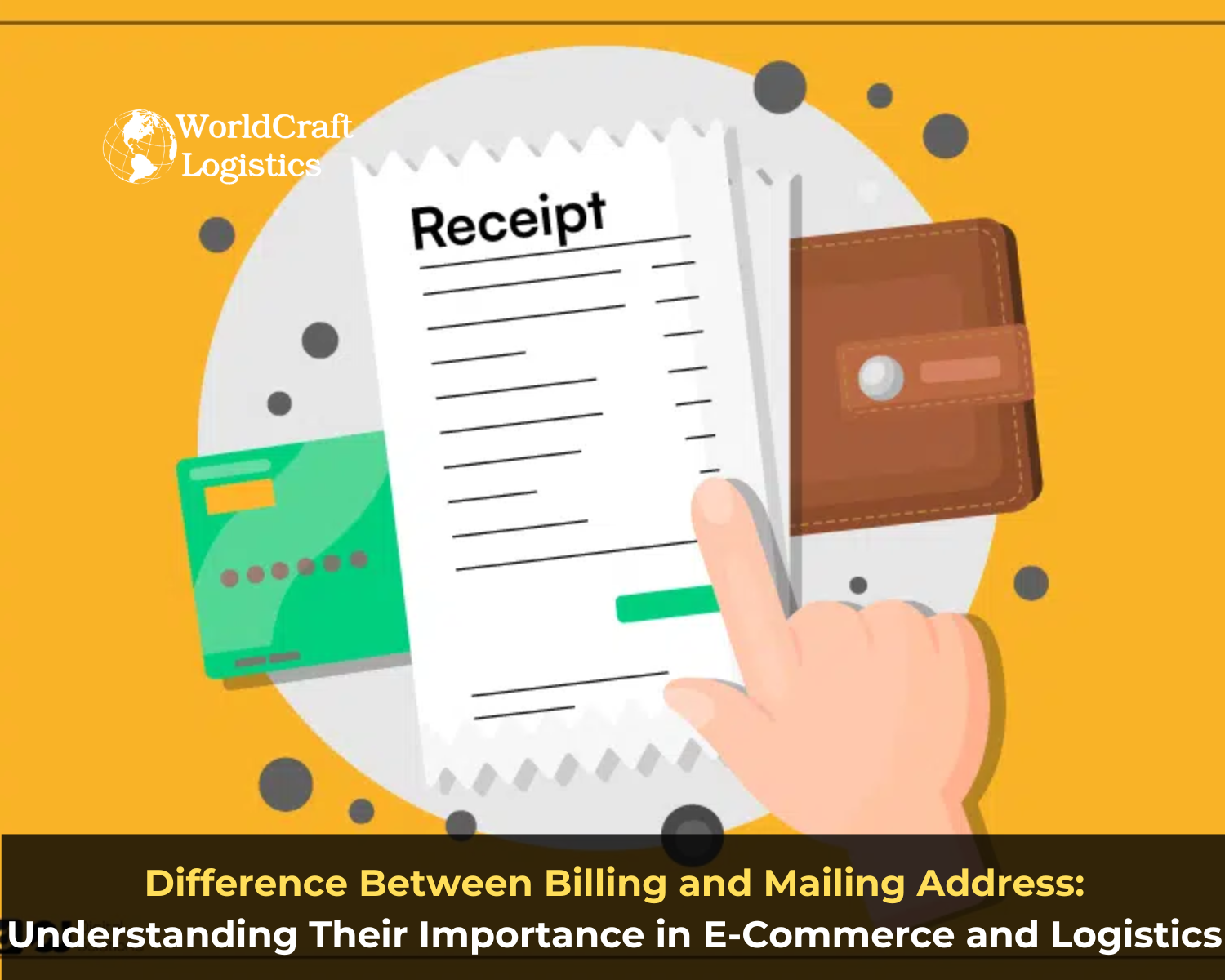
Education
08/28/2024